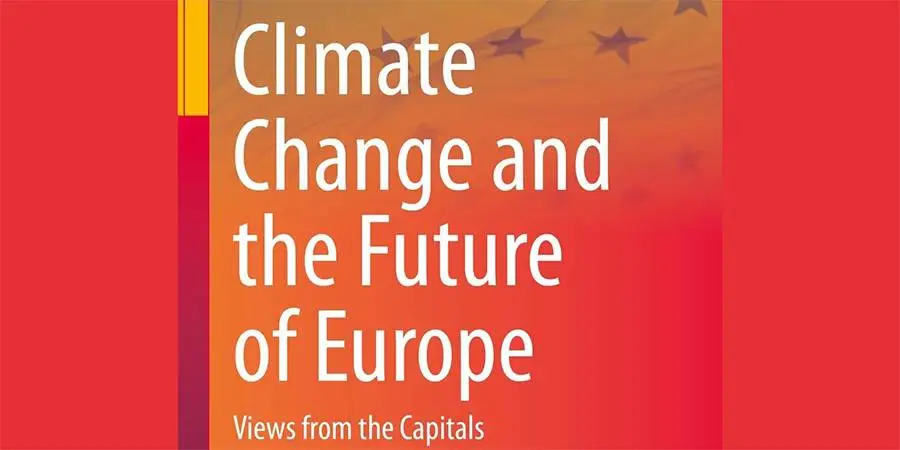PMC Research Contributes to TEPSA’s Book on Climate Change and Europe’s Future


PMC Research recently contributed to the Trans European Policy Studies Association’s (TEPSA) book, entitled Climate Change and the Future of Europe. Notably, its researcher Tinatin Akhvlediani wrote the chapter, “Georgia: It Is Time to Address the Devastating Effects of Climate Change.” Specifically, the chapter focuses on climate change effects in Georgia.
Furthermore, the book presents insights from over 50 experts in more than 40 countries in the EU and neighboring regions. In addition, it provides examples of national paths taken toward climate neutrality, and public perceptions of the climate crisis.
Georgia: It Is Time to Address the Devastating Effects of Climate Change
Of note, the chapter by PMC Research’s Akhvlediani sheds light on the dire consequences of climate change in Georgia. In particular, she highlights the escalation of extreme weather events such as landslides and floods, as well as rising sea levels. Startlingly, the World Bank estimates that these cut the country’s GDP by 6% annually. Alarmingly, air pollution’s threat to mortality contributes to half of this loss alone. Causing 4,000 deaths in 2018, Georgia has one of the highest rates in Europe. Nevertheless, climate change mitigation is scarcely covered in public discourse and policy-making. Relatedly, the benefits of transitioning to a greener and climate-resilient economy are yet to be widely recognized.
Climate Change and the Future of Europe
TEPSA’s book “Climate Change and the Future of Europe” analyzes the diverse national efforts to combat climate change. Crucially, it recognizes the influence of local geography, history, culture, economics, and politics. Accordingly, the book highlights the unique challenges, tensions, and opportunities faced by different regions in achieving climate neutrality. With growing inter-country dependencies due to Russia’s war against Ukraine, the book addresses strategic questions too. In particular, these relate to EU integration, economic transformation, energy dependency reduction, and public perceptions. Furthermore, it issues concrete recommendations in various policy areas, empowering countries and the EU generally to overcome the climate crisis.